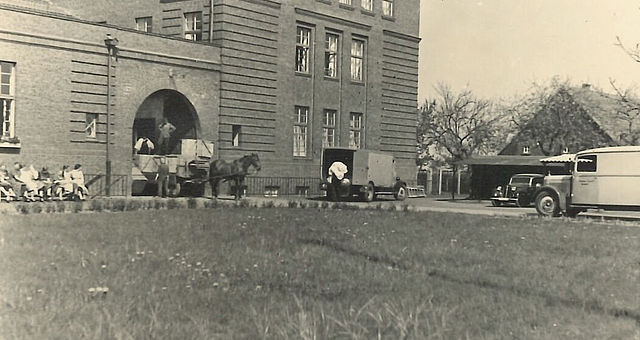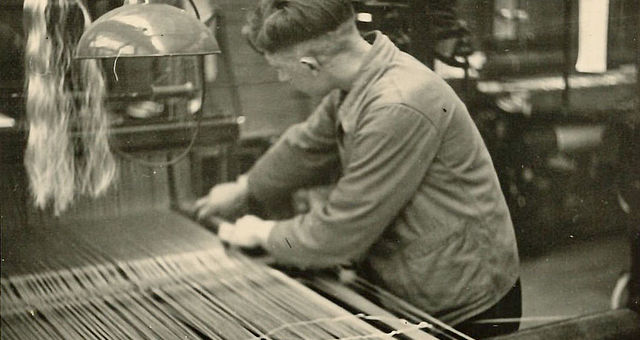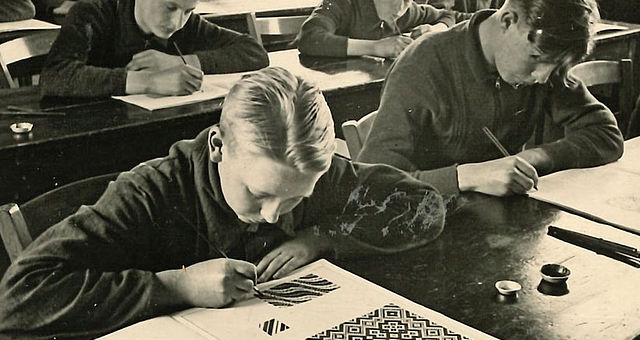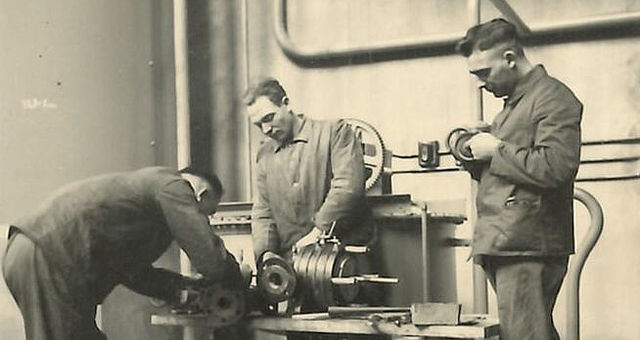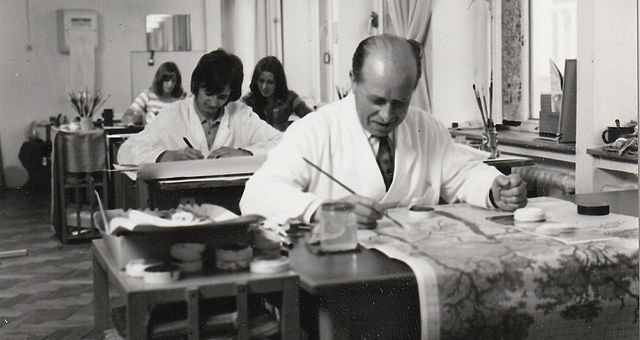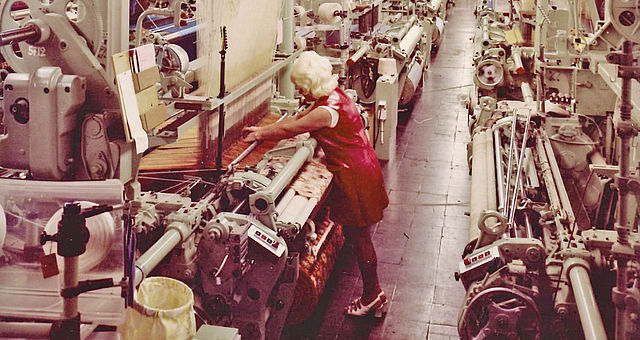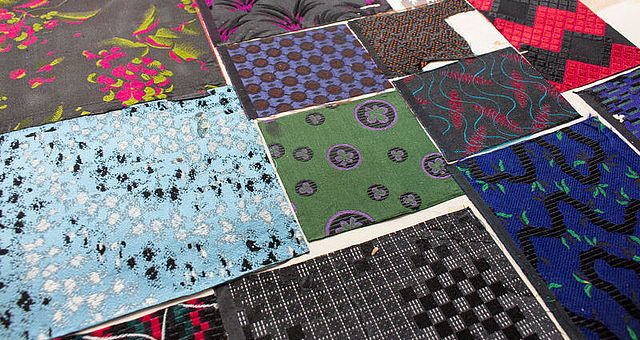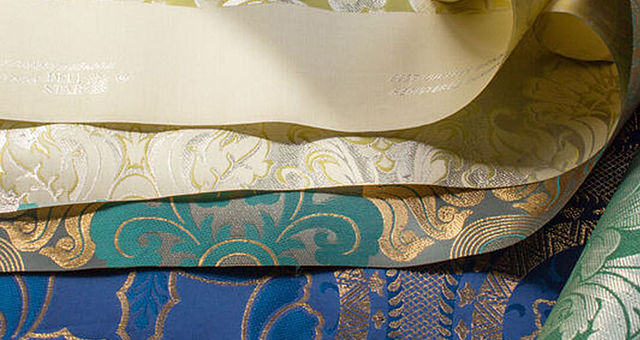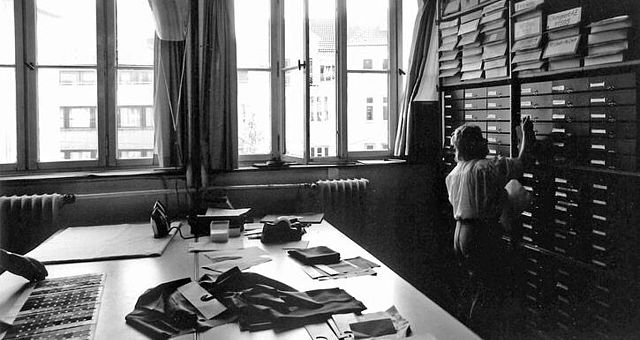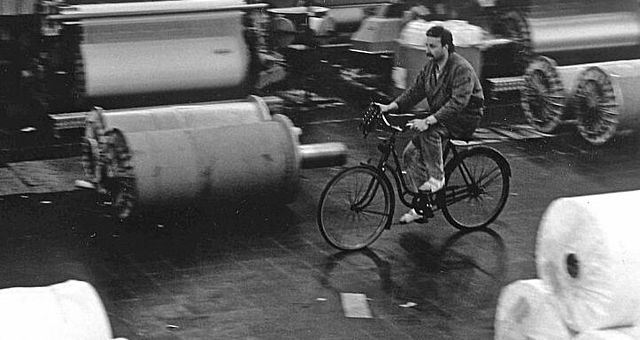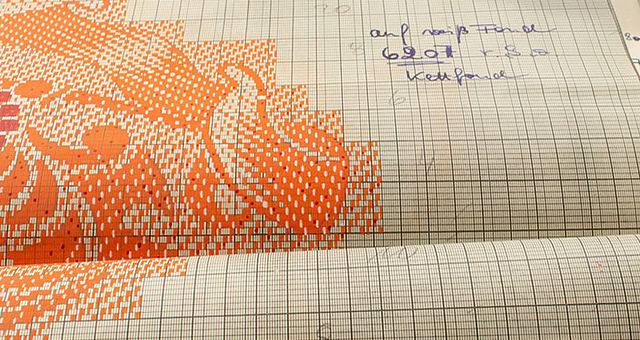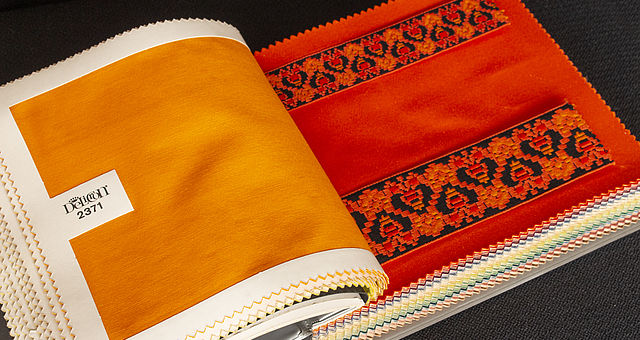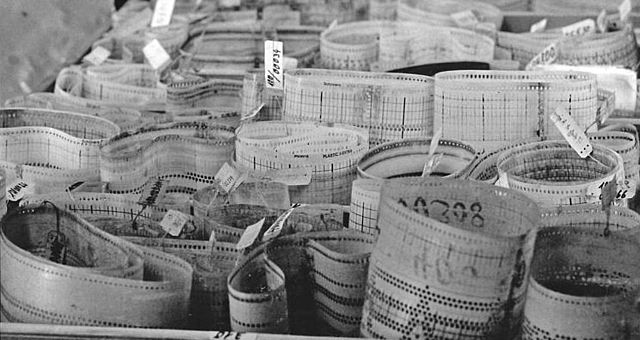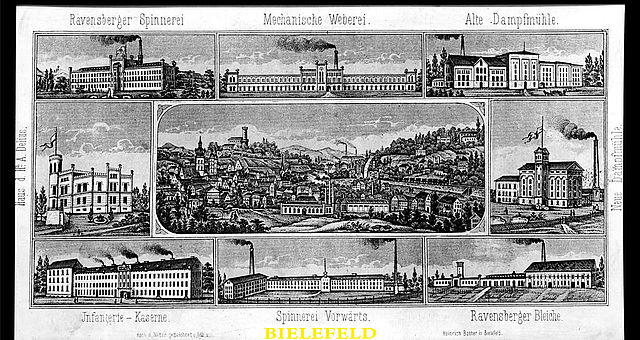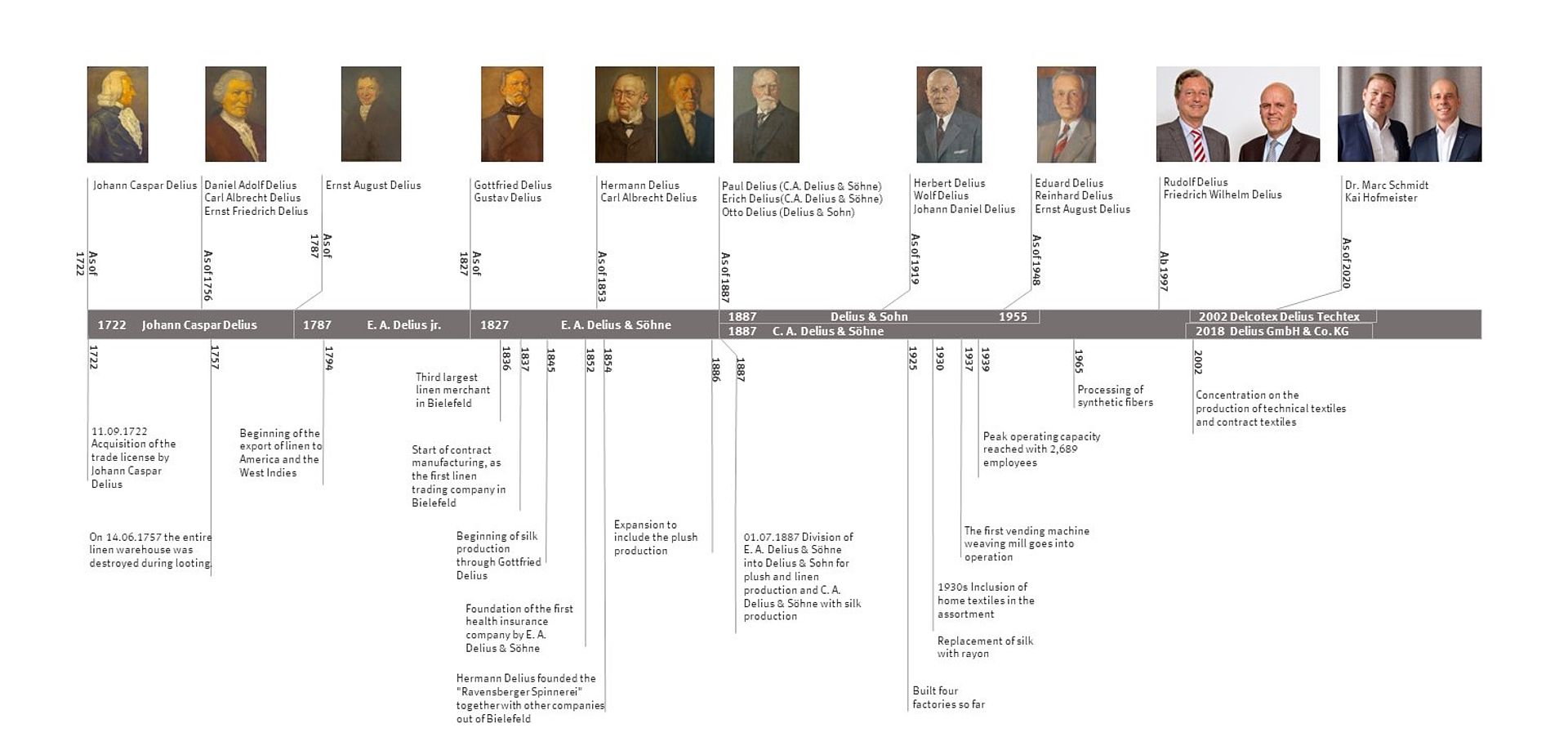Technical Textiles - German Engineering since 1722
300 YEARS OF DELIUS - ONE OF THE 25 OLDEST FAMILY-OWNED COMPANIES IN GERMANY
The acquisition of the trading licence by Johann Caspar Delius on September 11, 1722 laid the foundation for the success story of DELIUS. Thanks to the continuous determination to offer innovative and high-quality products to its customers, today DELIUS can look back on a 300-year history in which the company has been able to develop steadily.
The company began as a linen trader and grew from 1722 to 1836 to become the third largest linen trading company in Bielefeld. In 1837, the company introduced contract manufacturing and was thus able to offer its customers tailor-made linen. The former E.A. Delius & Söhne was thus the first linen trading company in Bielefeld to use industrial production in a workroom system. In 1838 the workshop already employed 200 weavers. This system began to fail in 1839 when quality problems increased and competition was intensified by the advancing industrialisation in England and the cheap and machine-made linen that came with it. To countervail Hermann Delius founded the "Ravensberger Spinnerei" in collaboration with other local entrepreneurs and thus introduced the machine production of flax fibres in Westphalia. That way it became possible to overcome the challenges of industrialisation.
In 1845 Gottfried Delius started silk production. In 1852 E.A. Delius & Söhne founded the first health insurance company in Bielefeld. From 1864 on, the sale of linen accounted for only 20% of the total revenue. In 1886, production was expanded to include plush. As it became too extensive, the company was split into two on July 1, 1887. C.A. Delius & Söhne (Carl Albrecht Delius and his sons Paul and Erich) focused on silk production and Delius & Sohn (Hermann Delius and his son Otto) continued linen and plush production.
Today's DELIUS goes back to Carl Albrecht. From 1897 on, the international markets, especially England and the USA, were among the most important sales markets for Delius fabrics. By 1925 four factories were built. At the time of World War I and in the post-war period, C. A. Delius & Söhne experienced ups and downs but was able to withstand through strategic adjustments. In the 1930s, the company added home textiles to its range of products. The replacement of pure silk with rayon led to an immense increase in sales. Moreover, this new raw material facilitated the development of new products. In 1939, the company's capacity reached its peak and C.A. Delius & Söhne employed 2689 workers.
During World War II, the company mainly produced parachute silk. In May 1945, civilian production was resumed with only 300 employees producing mainly clothing fabrics, blouses and linings. The first automatic looms were introduced in 1952. From then on, the focus was on constant expansion and modernisation. From the mid-1960s, also synthetic fibres were used to produce high-quality fabrics. The 1990s were marked by globalisation and an economic downturn. The trend from standardised products to specialised technologies led to a reduction in capacities and personnel.
In 1997, the company was passed down to the 9th generation, Rudolf and Friedrich Wilhelm Delius.
As of 2002, DELCOTEX has been manufacturing technical textiles in-house and has an accredited testing laboratory. DELIUS develops and sells contract textiles with high functionality and aesthetic appeal.
Since the beginning of 2020, the company has been by the managing directors Dr. Marc Schmidt (Delius Holding, Delius GmbH & Co. KG and DELCOTEX) and Kai Hofmeister (Delius GmbH & Co. KG). The Delius family remains engaged as an advisory board.
With the combination of German and international production, sustainable corporate and employee management as well as the further development of sophisticated, innovative collections, DELIUS and DELCOTEX have been facing the challenges of the future - for three centuries and every day anew.




